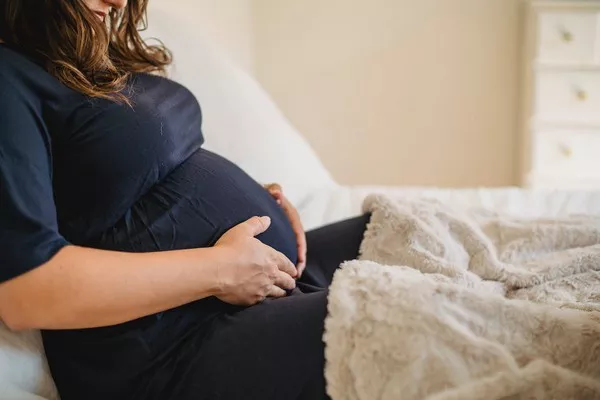New research led by the University of Southampton and University Hospital Southampton reveals that children whose mothers took additional vitamin D during pregnancy have stronger bones at age seven. Bone density scans indicated that these children have higher bone mineral density in mid-childhood, with increased calcium and mineral content, making their bones more robust and less prone to fractures.
The findings, published in The American Journal of Clinical Nutrition, support the importance of vitamin D supplementation during pregnancy as a public health measure. Dr. Rebecca Moon, NIHR Clinical Lecturer in Child Health at the University of Southampton, spearheaded the analysis.
Vitamin D plays a crucial role in maintaining healthy levels of calcium and phosphate in the body—minerals essential for strong bones, teeth, and muscle function. The MAVIDOS study, launched in 2009, recruited over 1,000 pregnant women from Southampton, Oxford, and Sheffield to explore the impact of vitamin D on child development. These women were randomly divided into two groups: one group took 1,000 International Units of vitamin D daily, while the other received a placebo. Neither the participants nor the healthcare providers knew which group they were assigned to.
Earlier MAVIDOS findings showed that by age four, children of mothers who received vitamin D supplementation had greater bone mass than those whose mothers did not. The latest follow-up study focused on 454 children aged six to seven, confirming that this benefit persists into mid-childhood.
The MAVIDOS research has been instrumental in understanding how maternal vitamin D intake may enhance offspring bone mass. In previous work, the Southampton team found that vitamin D supplementation during pregnancy affects gene activity related to the vitamin D pathway, providing insights into its biological impact on bone health. Additional studies from this trial have shown that vitamin D can reduce the risk of atopic eczema in infants and increase the likelihood of spontaneous vaginal delivery for pregnant women.
Pregnant women in the UK are now routinely advised to take vitamin D supplements. The Southampton research team, part of the MRC Lifecourse Epidemiology Centre and the NIHR Southampton Biomedical Research Centre, continues to explore how prenatal vitamin D influences long-term health outcomes.
Professor Nicholas Harvey, Director of the University’s MRC Lifecourse Epidemiology Centre and lead on the project, expressed gratitude for the contributions of the participating mothers and children. “These findings add to the valuable insights generated through the MAVIDOS trial,” he said, noting the significant advancements in understanding the benefits of vitamin D for healthy bone development.
The study, titled Pregnancy Vitamin D Supplementation and Offspring Bone Mineral Density in Childhood Follow-up of a Randomized Controlled Trial, was funded by Versus Arthritis, the Medical Research Council, the National Institute for Health and Care Research, and the Bupa Foundation.
You Might Be Interested In:
-
History Of Concussion Identified As A Key Risk Factor For Maternal Mental Illness
-
Research Reveals Gaps In Maternal Care During Pregnancy In Australia
-
Babies Born To Mothers With Polycystic Ovary Syndrome And Obesity Have Smaller Body Sizes

